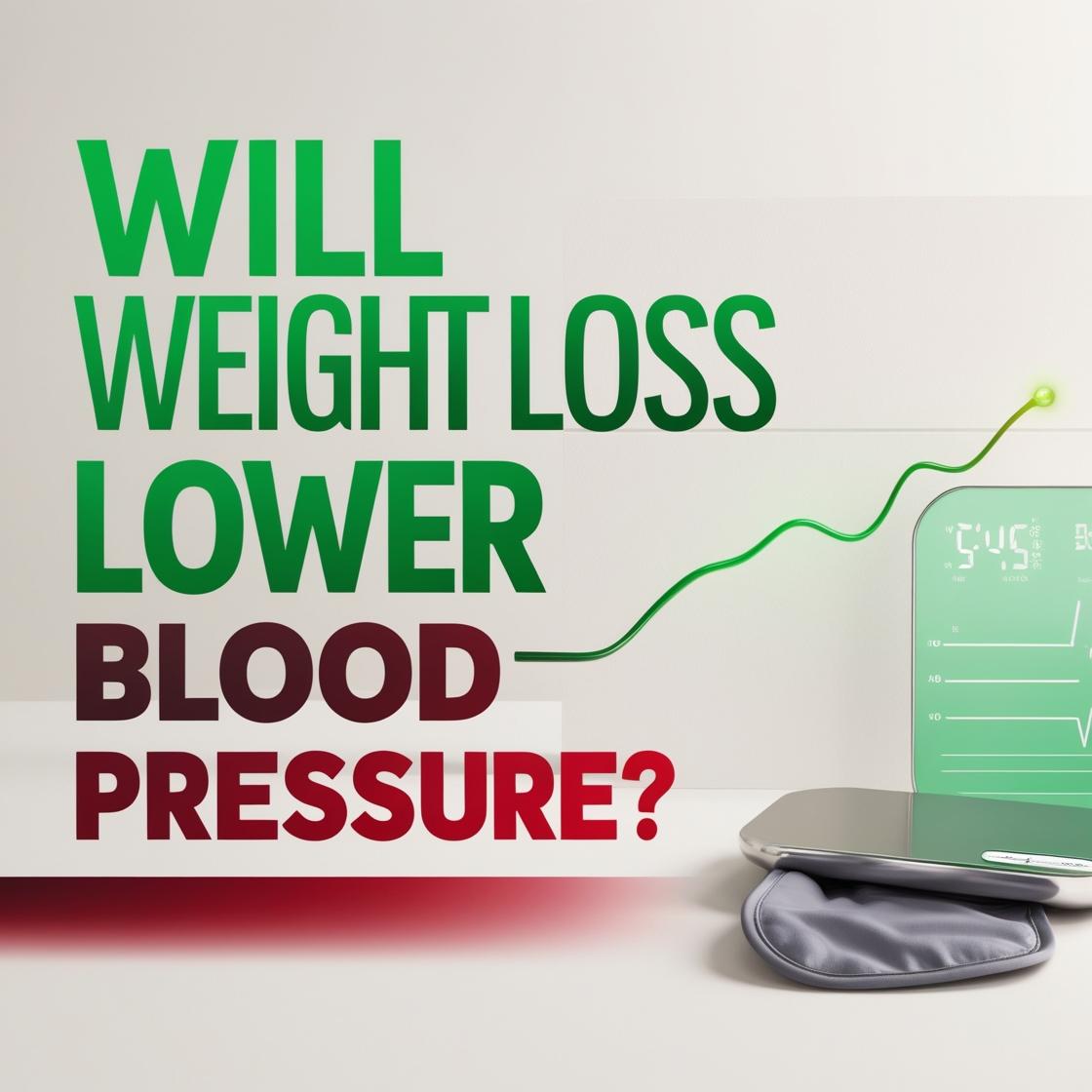High blood pressure, also known as hypertension, is a serious health concern that increases the risk of heart disease, stroke, and kidney problems. If you have high blood pressure, you may wonder: Can weight loss lower blood pressure?
The answer is yes!
Research shows that shedding extra pounds can significantly improve blood pressure levels.
In this blog, we’ll explore how weight loss affects blood pressure, how much weight you need to lose for results, and the best strategies to manage both your weight and blood pressure naturally.
How Does Weight Loss Lower Blood Pressure?
Carrying excess weight puts extra strain on your heart, making it work harder to pump blood. This increases blood pressure levels over time. Losing weight helps in multiple ways:
1. Reduces Pressure on Blood Vessels
Excess fat, especially around the abdomen, leads to narrowed arteries and poor circulation. Weight loss reduces arterial stiffness, allowing blood to flow more easily, which helps lower blood pressure.
2. Lowers Insulin Resistance
Obesity is linked to insulin resistance, which can lead to high blood pressure. Losing weight improves insulin sensitivity, helping to regulate blood pressure naturally.
3. Decreases Inflammation
Being overweight increases inflammation in the body, which can contribute to hypertension. Losing weight lowers inflammation, improving overall heart health.
4. Improves Heart Function
Excess weight makes the heart pump harder than necessary. Shedding even a small amount of weight reduces the heart’s workload, leading to lower blood pressure readings.
How Much Weight Loss is Needed to Lower Blood Pressure?
Even a small weight loss can have a big impact on blood pressure. Studies show that:
- Losing 5-10% of body weight can significantly lower blood pressure.
- For every 2.2 lbs (1 kg) lost, systolic blood pressure (the top number in a reading) can drop by 1 mmHg.
- A weight loss of 10-20 lbs can make a noticeable difference in managing hypertension.
Best Ways to Lose Weight and Lower Blood Pressure
1. Follow a Heart-Healthy Diet
Eating the right foods is key to losing weight and maintaining healthy blood pressure. Consider:
✔ DASH Diet – A proven eating plan for reducing hypertension. It emphasizes vegetables, fruits, lean protein, and whole grains.
✔ Reduce Salt Intake – Excess sodium leads to water retention, increasing blood pressure. Stick to less than 2,300 mg per day.
✔ Eat Potassium-Rich Foods – Potassium helps balance sodium levels. Good sources include bananas, oranges, spinach, and sweet potatoes.
✔ Healthy Fats Over Saturated Fats – Opt for olive oil, nuts, and fatty fish instead of processed and fried foods.
2. Exercise Regularly
Physical activity strengthens the heart and helps with weight loss. Aim for:
🏃 30 minutes of moderate exercise, 5 days a week (brisk walking, cycling, or swimming).
🏋️ Strength training 2-3 times per week to improve metabolism and heart health.
3. Manage Stress Levels
Chronic stress can contribute to high blood pressure and weight gain. Try:
🧘 Meditation or yoga for relaxation.
😴 7-9 hours of quality sleep per night.
💧 Staying hydrated to support metabolism.
4. Limit Alcohol & Caffeine
Both alcohol and caffeine can temporarily raise blood pressure. Moderation is key—no more than one drink per day for women and two for men.
Final Thoughts
So, does weight loss lower blood pressure? Absolutely! Even small lifestyle changes can lead to big improvements in heart health. If you have hypertension, focus on sustainable weight loss, healthy eating, and regular exercise to keep your blood pressure in check.
💬 Have you experienced lower blood pressure after weight loss? Share your story in the comments!


